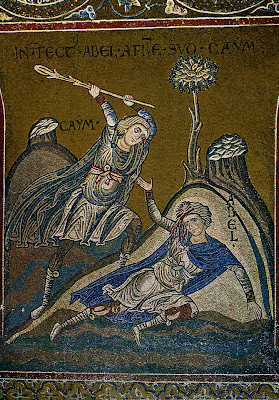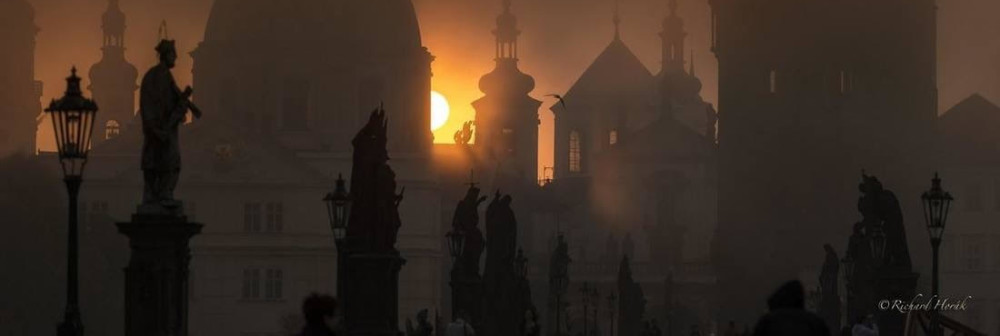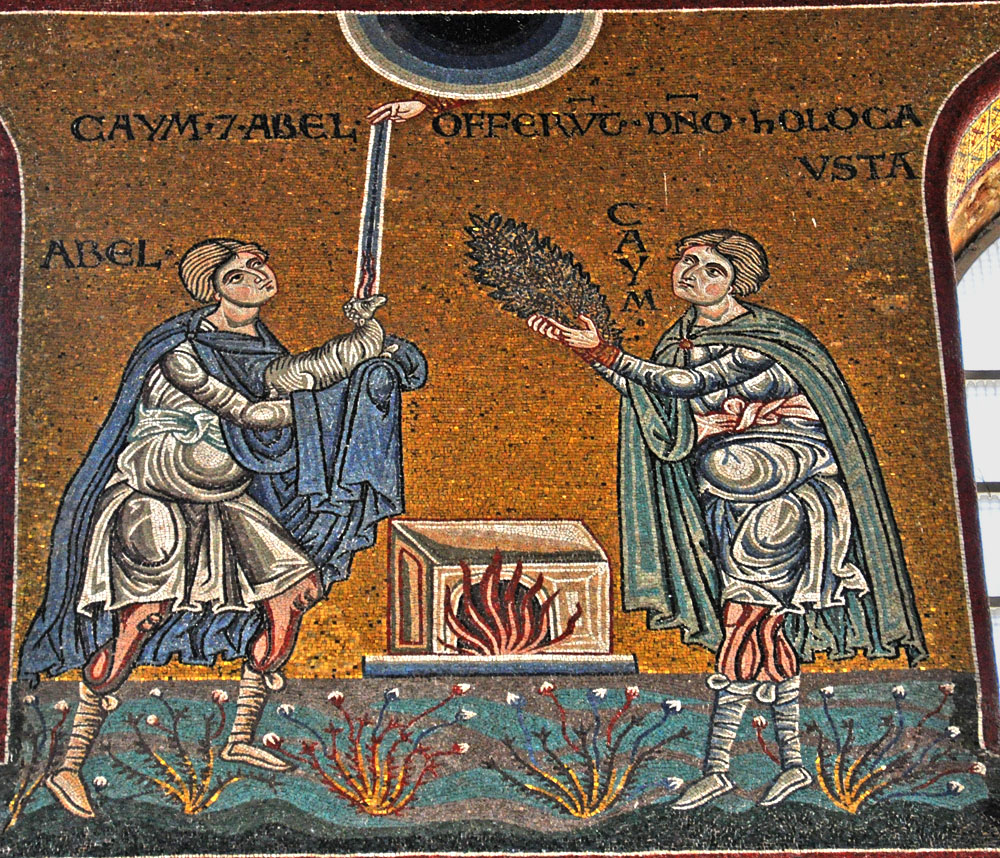
Come now, you rich, weep and wail over your impending miseries. Your wealth has rotted away, your clothes have become moth-eaten, your gold and silver have corroded, and that corrosion will be a testimony against you; it will devour your flesh like fire. Behold, the wages you withheld from the workers who harvested your fields are crying aloud and the cries of the harvesters have reached the ears of the Lord of hosts. (James 5:1-4)
Do these words sound familiar? So much early Christian preaching, so many of the Church Fathers, say the same thing in a variety of ways: the money and possessions of the rich have been stolen from the poor and should be returned to their rightful owners. The unpaid wages owed the workers cries to heaven as the blood of Abel cried out to God, demanding justice against his brother-killer Cain. By not paying their workers, the rich do as great an injustice to them as Cain perpetrated against his brother. Economic injustice is as great a crime as murder.
The stolen wealth of the rich will rot away and testify against them on Judgement Day, the epistle tells us. The fine clothes the rich wrap around themselves are already rotten shrouds falling away from the walking corpses of the rich.
Christian care for the poor was fundamental to the life of a Christian community. Julian the Apostate, the emperor who tried to revive pagan worship after the legalization of Christianity, famously complained, “… the impious Galileans [Christians] support not only their own poor but ours as well; all men see that our people [pagans] lack aid from us.” Christians cared for everyone, whatever their beliefs. Anyone in need was one of the least of Christ’s brethren and deserved the care of Christ’s Body, the Church.
Too many modern people do not realize how rich they are compared to the rest of the world. Too many modern people do not appreciate what they have stolen from the poor who are both next door and on the other side of the earth. I’m afraid that many people would repeat Julian’s complaint that the Christians put everyone else to shame in terms of caring for the poor. On Judgement Day, that will probably be the greatest indictment against contemporary Christians.
Read more about the blood of Abel crying out to heaven here. Read Takanori Inoue’s work on The Early Church’s Approach to the Poor in Society and Its Significance to the Church’s Social Engagement Today online here.

